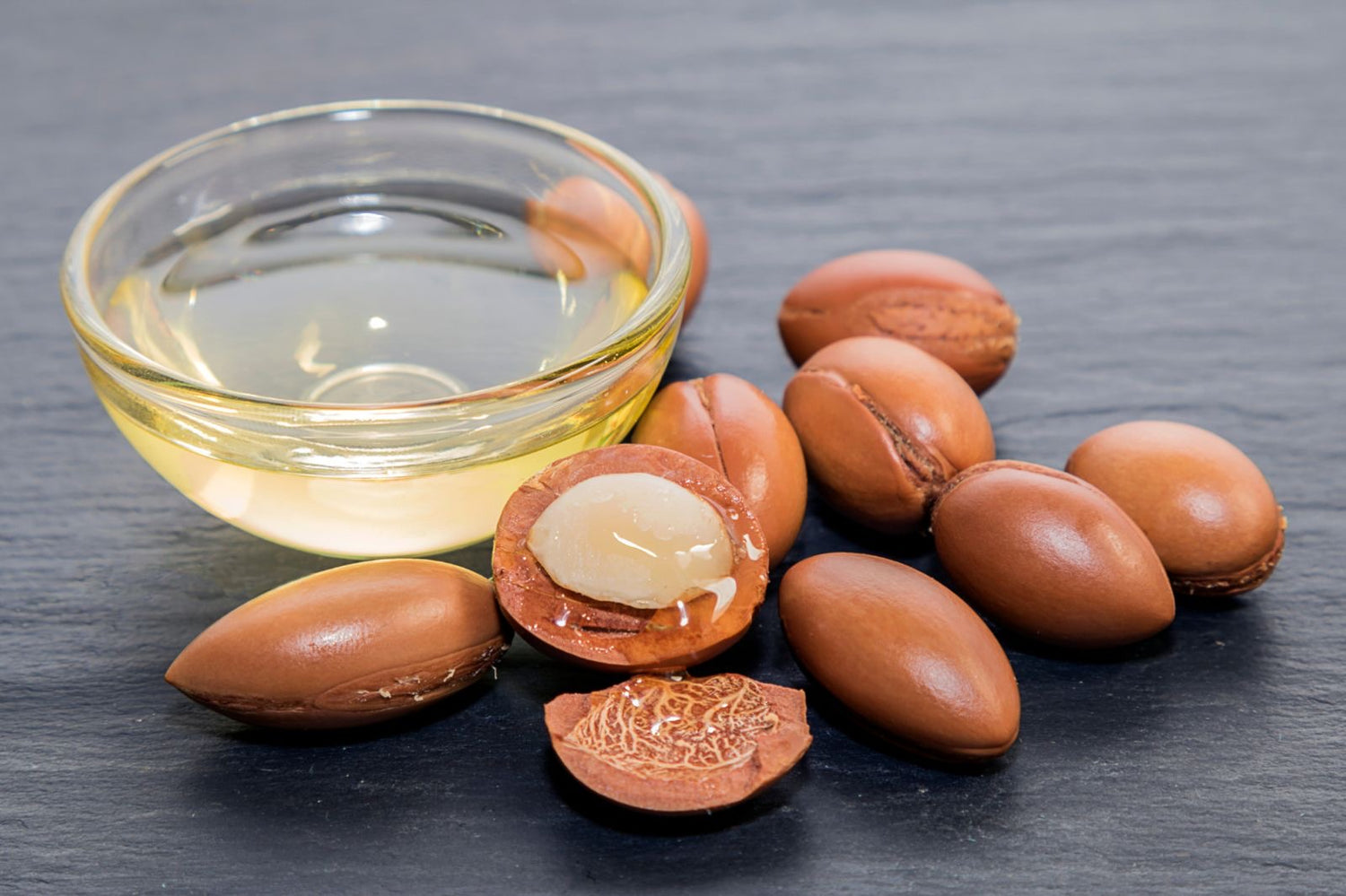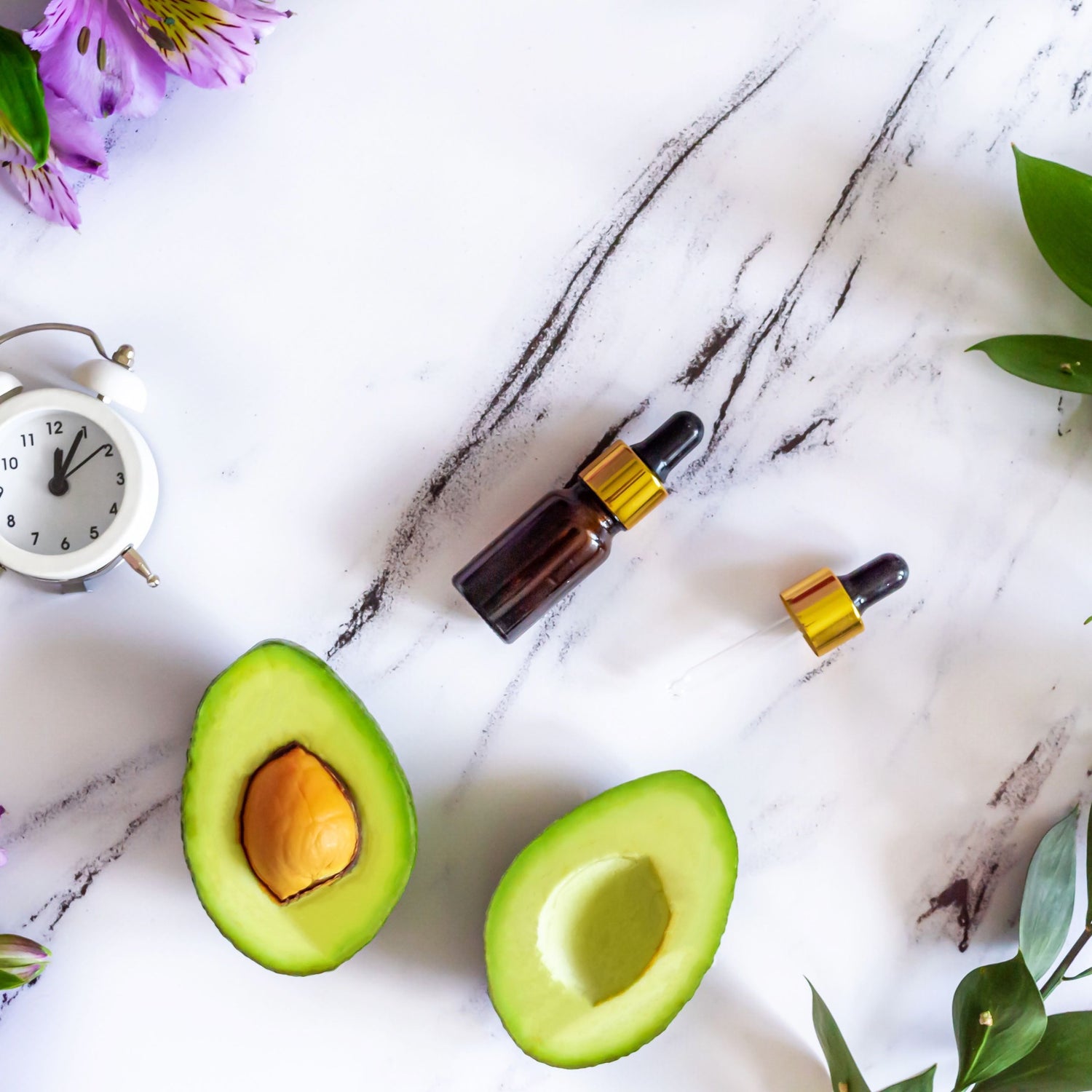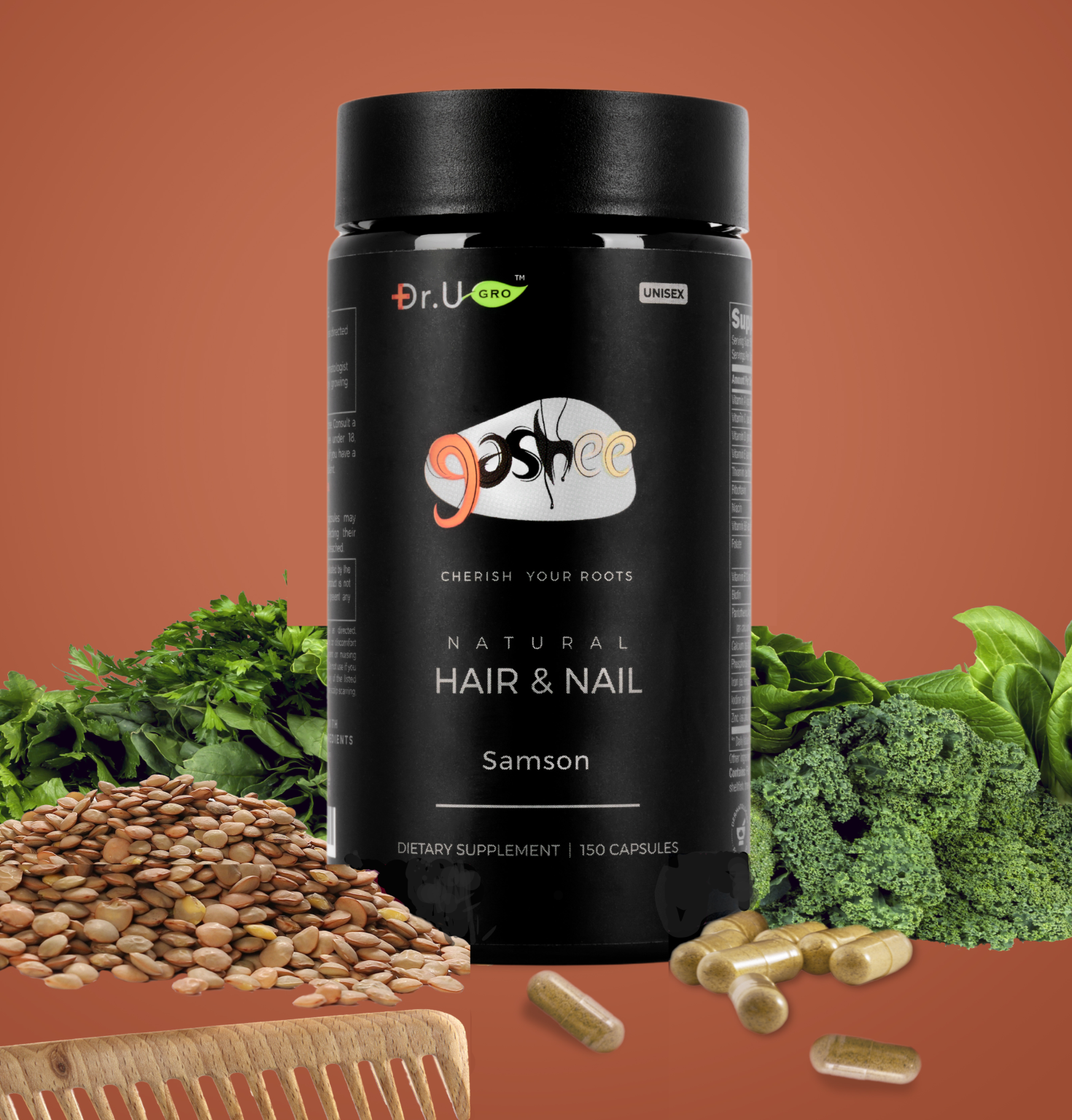What is Iron?
Iron is a vital mineral essential for various physiological processes within the human body. While commonly known for its role in blood health, also significantly promotes hair growth. Researchers are uncovering the potential benefits of iron for maintaining healthy hair, and its influence on cellular processes suggests a connection between iron levels and optimal hair health.

Beauty portrait of african american woman with afro hairstyle and glamour makeup. Brazilian woman. Mixed race. Curly hair. Hair style. White background.
The Body's Iron Storage and Dietary Recommendations
Iron is primarily stored in the body’s liver, spleen, and bone marrow. Unlike certain minerals, the body cannot generate its own iron, making it necessary to obtain it through dietary sources or supplementation. Ensuring a sufficient intake of iron is recommended to support overall health, including the well-being of your hair.
Iron's Contribution to Hair Health
Iron is involved in processes that contribute to healthy hair growth. Recent studies suggest that maintaining sufficient iron levels positively impacts hair health, potentially preventing hair loss and promoting optimal growth. Iron’s influence on thyroid regulation and various enzyme systems within the body further supports its potential role in maintaining healthy hair.

Gashee oral supplements contain iron, among other natural and botanical ingredients that contribute to optimal hair health.
Moreover, iron’s essential function in producing collagen, a protein known for improving skin elasticity and strengthening hair and nails, underscores its significance in supporting overall hair health. Collagen production tends to decrease with age, making iron’s role even more crucial for sustaining healthy hair as we age.
Iron-Rich Foods and Absorption Considerations
Ensuring an adequate iron intake is essential for maintaining overall health and supporting hair growth. Iron-rich foods include:
- Red meat
- Poultry
- Fish
- Beans and lentils
- Spinach
- Fortified cereals
- Nuts and seeds
- Tofu
- Quinoa
- Dark chocolate

However, it’s essential to note that certain factors can affect iron absorption. Iron-rich foods and vitamin C sources can enhance absorption, while substances like tea and coffee may hinder it. Managing dietary choices to optimize iron absorption is crucial for reaping the full benefits of this essential mineral.
Iron Deficiency and Hair Issues
Iron deficiency can lead to various health issues, including poor hair health. Symptoms associated with iron deficiency may include slow hair growth and brittleness. To maintain optimal hair health, ensuring an adequate iron intake through a balanced diet or supplementation is crucial if needed.
Conclusion
In summary, iron is a critical player in promoting hair growth and maintaining overall hair health. Iron’s influence extends to various aspects crucial for healthy hair, from its role in cellular energy production to collagen synthesis and thyroid regulation.
By incorporating iron-rich foods into your diet and being mindful of factors affecting absorption, you can support your body in maintaining optimal iron levels and, in turn, promote healthier and more vibrant hair.
Frequently Asked Questions
Can I lose hair because my diet lacks iron?
- Yes, poor nutrition is a significant player in hair loss. Nutrient deficiencies, particularly iron, zinc, vitamin D, and vitamin B12, can contribute to your hair loss.
- You should take supplements if you’re not getting enough iron from your diet.
I don’t know if my hair loss is due to iron deficiency or if I have Androgenetic Alopecia.
- Although androgenetic alopecia (AGA) is a prevalent reason for hair thinning, it is not the sole consideration. Iron deficiency represents one potential factor, with numerous other elements influencing hair health. These include hormonal imbalances, nutritional deficiencies, stress, and other factors.
- I suggest taking iron supplementation as directed by a doctor. It’s advisable to schedule regular follow-up appointments with your healthcare provider to track your iron levels over time. You should also see a dermatologist for a specialized exam if iron deficiency is not the underlying cause of hair loss.
References
- Iron deficiency anemia (no date) Mayo Clinic. Available at: https://www.mayoclinic.org/diseases-conditions/iron-deficiency-anemia/symptoms-causes/syc-20355034 (Accessed: 21 March 2024).
- Thyroid hormone: What it is & function (no date) Cleveland Clinic. Available at: https://my.clevelandclinic.org/health/articles/22391-thyroid-hormone (Accessed: 21 March 2024).




